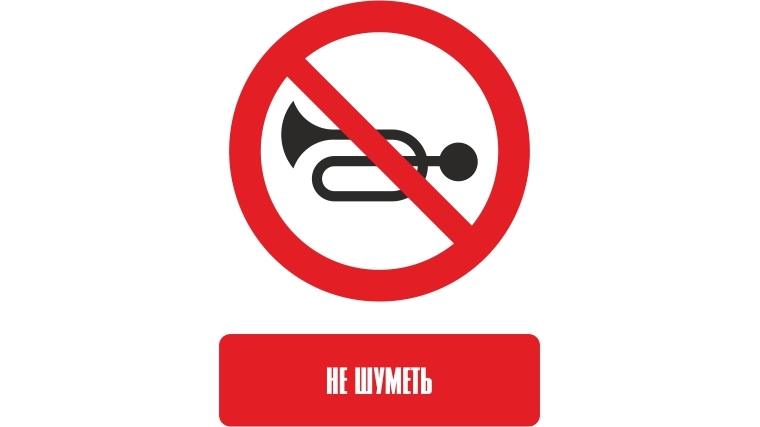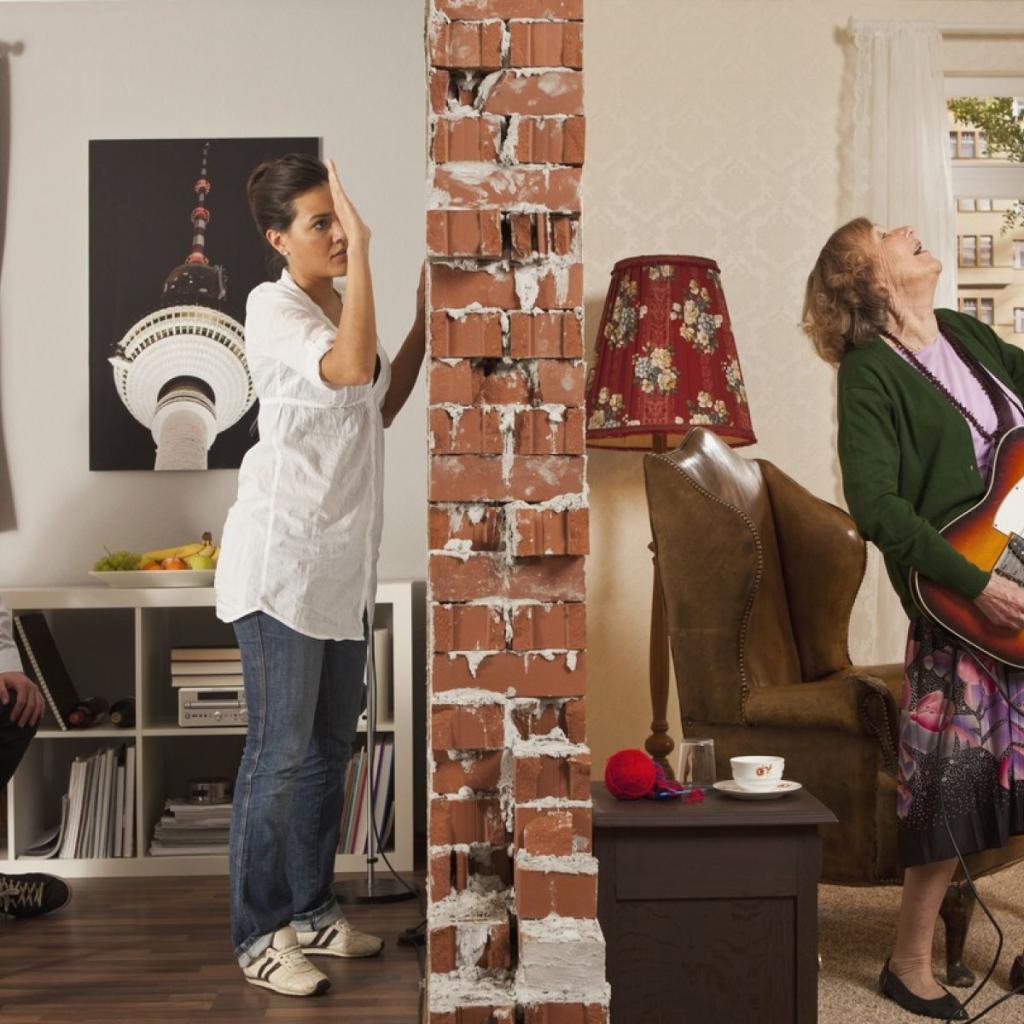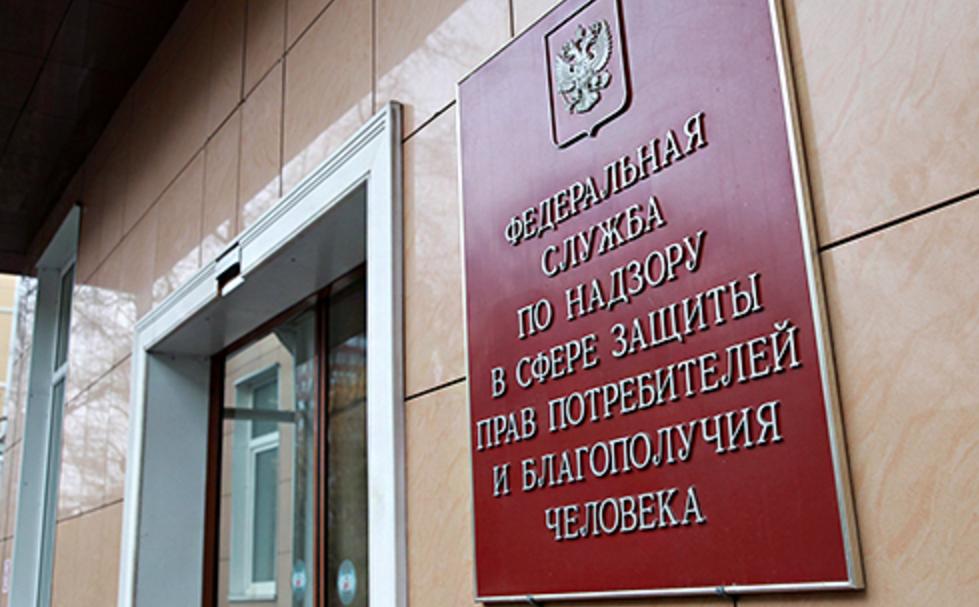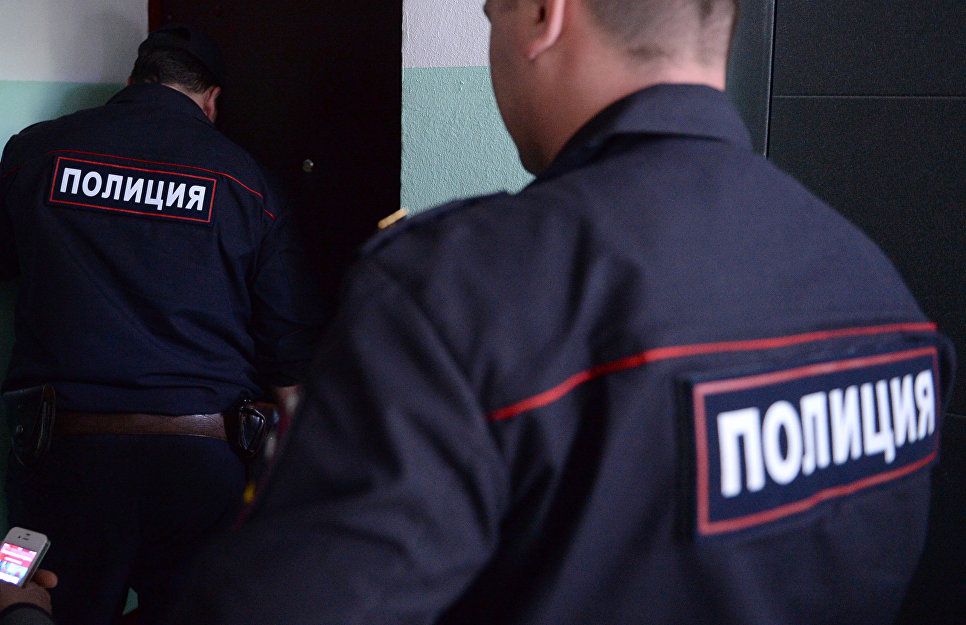Every year the population of the Russian Federation is growing. Cities are expanding, new multi-storey buildings are being built, areas are being ennobled, etc. All this is done for the convenience of those who live in the village. And how is it necessary for each of us, having arrived from work, to lie down in silence. But the neighbor below will not let you do this. Its repair is in full swing, and the whole house cannot sleep peacefully.

Therefore, back in 1999, Federal Law No. 52, On Sanitary and Epidemiological Well-Being of the Population, was adopted. It clearly spelled out the requirements of GOST and sanitary standards for regulating the lives of citizens of Russia. In this article we will find out what today is the fine for breaking silence. We will also touch upon the question of when, by law, you can make noise and much more.
Background
Federal Law No. 52 accurately and clearly put an end to the eternal debate about silence. Many citizens before that did not pay attention to anyone. Could spend a noisy night celebrating a birthday or a wedding. In 2019, they made some changes to the legal act. Now, from 7 a.m. to 11 p.m., citizens are given the full right to hold events or engage in noisy work. But from 23 o’clock in the evening to 7 in the morning in an apartment building there should be complete silence.
You can get a fine for breaking the silence at night. It is worth noting the fact that at the regional level, the clock of permissible noise can be shifted. The Housing Code of the Russian Federation, or rather, article 30, states that the owners (tenants) of apartments do not have the right to violate the interests of people who also live in this house.
How does noise affect the body?
So, we know that you can get a fine for violating the silence law. But trespassers can still continue to harm their neighbors and create noise. How unfavorable sounds affect our body:
- The performance is reduced.
- Irritability appears.
- Increased chances of stress.
- The development of personal diseases, ranging from physiological to psychological.

If a person lacks sleep every day due to neighborly noise, then his level of psychological mood drops. Such people often become self-contained, they cannot fight back. What to do if the noise does not stop? Call the policeman, then the offender will pay an administrative fine for breaking silence.
The size of the fine for Muscovites and other residents of the country
A penalty for violation of a legal act can be assigned only when a protocol on the violation has been drawn up. It is drawn up by an authorized representative of the state power of the Russian Federation - the police (precinct).
In order for this situation to happen and the perpetrator to be punished, you must call the police or write a statement to law enforcement. The offender will pay penalties only after the consideration of the case in court. The penalty for violation of silence in the Moscow region is:
- In accordance with article 3.13 of the Code of Administrative Offenses of the Russian Federation in the city of Moscow, a citizen will have to pay from 1 to 2 thousand rubles.
- For the enterprise, the fine varies from 40 to 80 thousand rubles.
- For officials, it ranges from 4 to 8 thousand rubles.
But the fine (violation of silence in the Moscow region) differs from the regions. Responsibility in them still significantly affects the offender. An individual can pay up to 3000 rubles. Sanctions against legal entities can reach up to 80 thousand rubles, and against officials - from 5 to 8 thousand rubles.
For example, in the Samara region, a restless neighbor can pay from 100 to 1000 rubles.An official - from 500 to 2000 rubles, and a legal entity - from 10 000 to 20 000 rubles. All this in accordance with Articles CAO 6.3 and 6.4. The penalty for silence may vary in different regions of the country.
What is the permissible noise level?
At the legislative level, they set and fixed the noise level in decibels. In the daytime it should not exceed 55 dB, and at night - 45 dB. If noise comes from neighboring apartments, it is recommended that you call specialists from the Federal Service for Supervision of Consumer Rights Protection and Human Health and Sanitary and Epidemiological Services. Their responsibilities include only establishing noise levels and drafting a final act. With such data you can safely communicate in court.

But since the norms may have a slight deviation, here is a list of the volume of real sounds:
- The noise of a passing car outside an apartment window reaches up to 55 dB.
- The sound of a working vacuum cleaner is 75 dB.
- The included punch - 95 dB.
- Hammer hits reach 120 dB.
- The conversation between several people is 45 dB.
- Whispers sometimes reach 30 decibels.
- The crying of a small child is 70 dB.
You can compare dry numbers with real ones, and you can understand when a person is just talking to someone, and when he is throwing a party.
What sounds are punished for?

When a subpoena comes to a citizen, many cannot understand why they interfered with their neighbors. After all, not so much the penalty for breaking silence is offended, as much as a misunderstanding of what such sanctions are for. The law provides for punishment for the following sounds that will be heard after 23 hours of the night:
- Use of equipment in which the power exceeds 40 decibels (for example, TV, vacuum cleaner, hammer drill).
- Playing any musical instrument.
- Singing, screaming, whistling or other loud sounds that a person can make.
- Untimely shutdown of signaling mechanisms both in the living room and in the yard, if there is a vehicle.
- Use of pyrotechnic products. It is worth noting the fact that such an activity is also prohibited by safety regulations.
- Carrying out repairs inside finishing work (for example, the use of a hammer or punch).
These sounds refer to a violation of a legal act. After judicial red tape, the landlord can pay a huge fine for breaking the silence at night.
What time periods exist?
No one can ever force a citizen of the Russian Federation to talk in his apartment only in a whisper and at the same time move around with a quiet step. But since high-rise buildings have very thin walls, your neighbors can hear every step. A citizen of the Russian Federation has every right to his own space and personal life. In fact, in his own home a person can do anything. To make repairs, use household appliances, celebrate holidays, etc. But all this is permitted exclusively in a certain time period.

On weekdays, residents of private houses and high-rise buildings can do any household chores, but you can not make noise from 23 hours to 7 in the morning. It is worth noting the fact that in each region there may be different gaps. Since in some subjects it is necessary to stop making noise already from 22 in the evening. On weekends, or rather, on Saturday and Sunday, most citizens rest after a busy week, so the extra neighborly noise will only disturb them. Therefore, it is only allowed to carry out repair work or turn on music loudly from 9 a.m. to 10 p.m.
Ways to solve problems with violators
A person can be fined for breaking silence if he violates the law in a dwelling, entrance, in the yard, on playgrounds, in institutions for temporary stay of citizens (for example, sanatoriums or hospitals) or in a summer cottage. In order to defend your rights and punish the culprit, you need to contact an experienced lawyer. Control is also carried out:
- Management company (it is she who is responsible for the optimal living conditions of the residents of the house).
- Rospotrebnadzor (fully responsible for compliance with sanitary and epidemiological standards).
- Court (enforces this law).
You can use other methods to solve this problem. For example, talk with neighbors, but this does not always help in this situation. You can also call a police squad, file a complaint with a local police officer, write a complaint to the management company, apply to the Federal Service for Supervision of Consumer Rights Protection and Human Rights, or file a lawsuit in court.
How is the fine paid?
If you or someone you know has received a “letter of happiness”, and after a court decision you have been fined, what should be done? Paying it is highly desirable. After all, the consequences can occur immediately. Then the person faces not only a fine, but also detention.

After receiving the decision on the appointment of administrative responsibility, you must contact any banking institution. You can also deposit the indicated amount through the bank terminal. Payment details are always indicated in the court order. If necessary, they can be checked with law enforcement officials.
When does noise go unpunished?
Many people are trying to resolve the issue peacefully. Talking with restless neighbors - sometimes politely, and sometimes in a threatening manner. But there are some exceptional cases when the punishment for breaking silence will not follow:
- Disaster management. For example, with a breakthrough of sewers or hot heat supply. It is necessary to take into account the fact that no one will wait until 7 a.m. on a weekday. Problems of this nature must be solved here and now so that other people and their property are not affected.
- Emergency Prevention. For example, there were problems with the gas pipeline or somewhere there was a fire. Natural disasters (hurricane wind, heavy rain or hail) are also added to this list. In such dangerous situations, rescuers will work until the problems are resolved.
- New Year celebration period. It is worth considering the fact that such a case is not allowed in all areas and subjects. Necessary to check with local police departments.

Only in these cases the law does not apply to violators, since at these moments complex work is carried out. Or there is a celebration of an event of an all-Russian scale.
Summary
Based on the foregoing, it is clear what penalty for violation of silence will be applied to individuals, legal entities and officials. This legal act must be observed. It is forbidden to make noise not only in your own apartment, but also in the entrance and near the house. Otherwise, the sanctions for unlawful actions must overtake the culprit.
